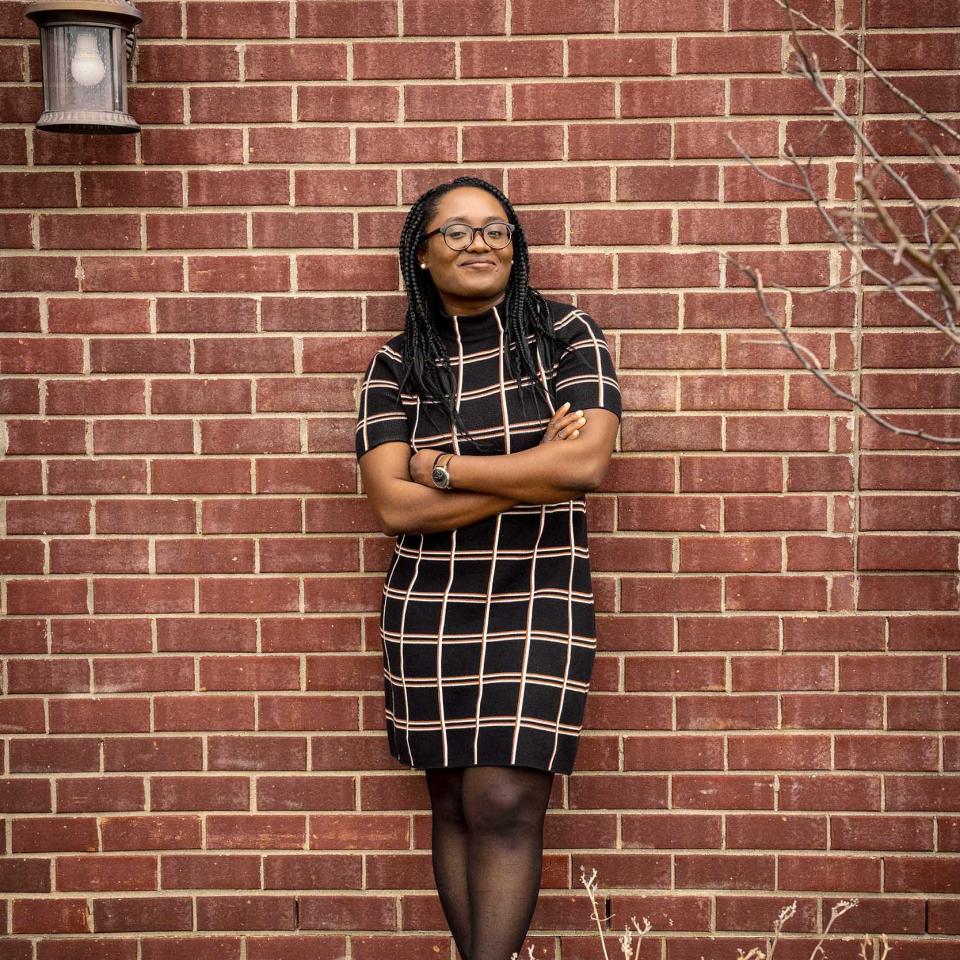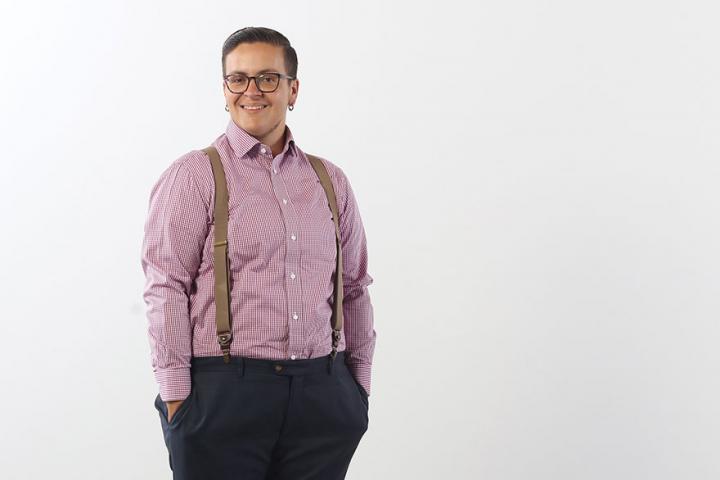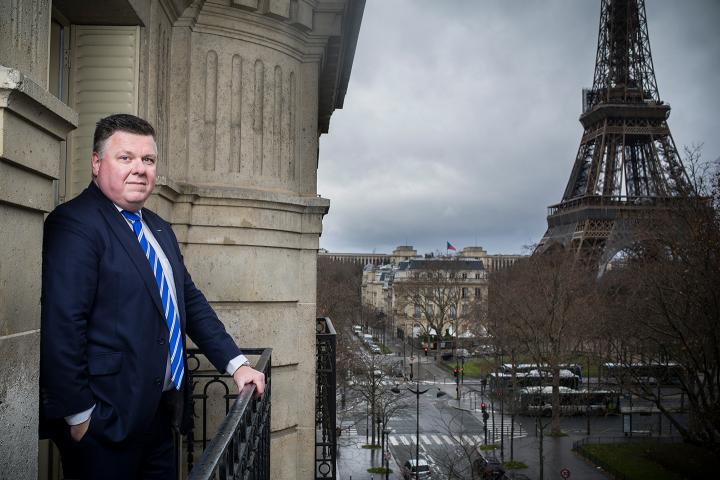Neurosurgeon Idara Edem, Meds’13, has always been obsessed with the complex nature of the brain. In high school, she knew she wanted a career that involved studying one of the body’s most mysterious organs. Today, Dr. Edem, who emigrated from Nigeria when she was 13 years old, has overcome many barriers to (maybe) make medical history –she might be Canada’s first Black female neurosurgeon. In the first of a semi-regular series, Dr. Edem tells us about her first job – a long way from the operating room but one of the many steps that led her to where she is today.
I had my first job when I had just started high school, so maybe 13 or 14, and I was a tutor. I started with a few family friends who lived in the area – basically they’d come to my house and I’d do homework with them. I taught math, English, biology, and chemistry for something like $10 an hour. Then word spread and I got more and more students. Soon I was pretty busy.
I remember there was this one kid who was very intelligent but not that great at applying himself; he just couldn’t seem to sit down to do the work. His grades dropped and his parents were concerned. They weren’t well-to-do enough for consistent outside-of-school education, so they hired me instead, which actually turned out great because we were able to build a good rapport over time that I don’t think would have happened if we had not been close in age.
Because he felt comfortable with me, he could apply himself and pay attention better. It was so rewarding to me because I already knew he was smart and knew the work – he just didn’t feel like doing it. Maybe he wasn’t getting the attention he wanted or he wasn’t feeling fulfilled, because as soon as we fixed that, his grades improved immediately and then even more over time.
During my undergraduate years, I joined a volunteer tutoring program called Project Universal Minds and continued to grow the skills in myself and impart skills in others.
I always liked the idea of education and learning and passing on knowledge. I was inspired by my teachers, who took the time with me. I grew up in Nigeria and had great teachers who indulged my wide array of interests and went out of their way to find books that might interest me or that I wanted to read.
In high school, it was my civics teacher who introduced me to literature, and we developed a rapport that lasted outside the classroom. So it was a natural extension of that to want to do the same for others. It always stood out to me how much of a difference you can make in people’s lives when you invest in them. It goes beyond the math or chemistry itself; it’s important to notice what makes them tick, how they learn both inside and out of the classroom, how they take in knowledge of their world and process their environment, and how it affects their behaviour. This process was so interesting to me, and still is in my work as a neurosurgeon, which is another extension of this process. I want to grow these skills in myself and impart them to others.


